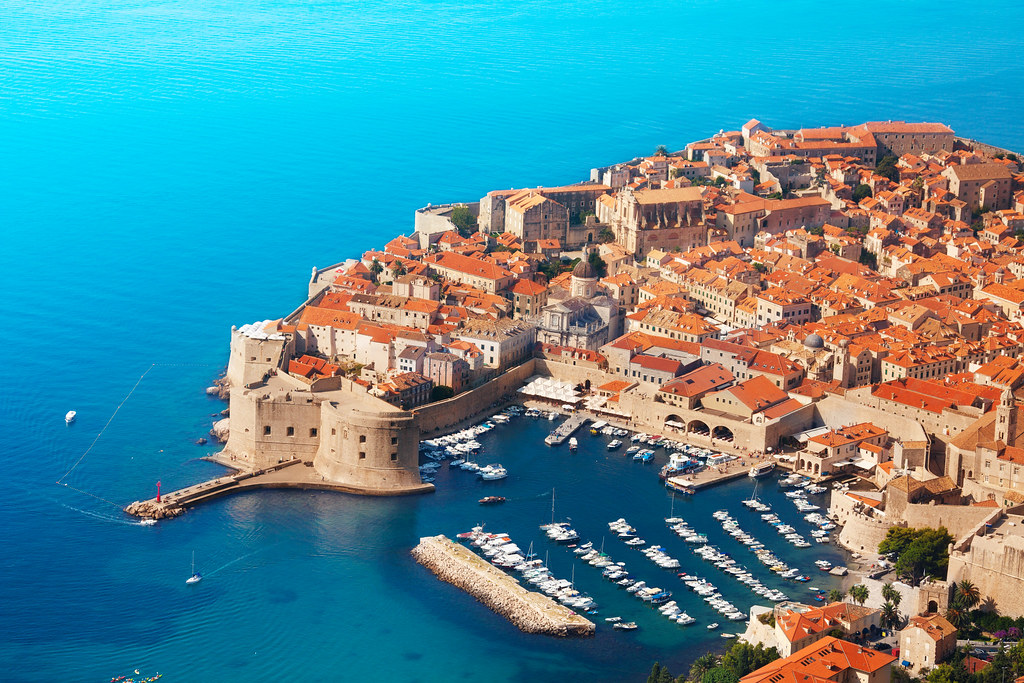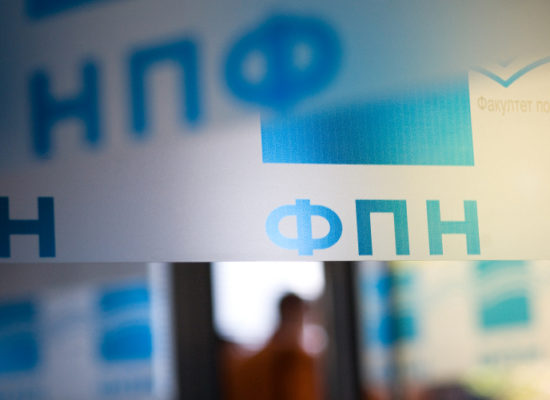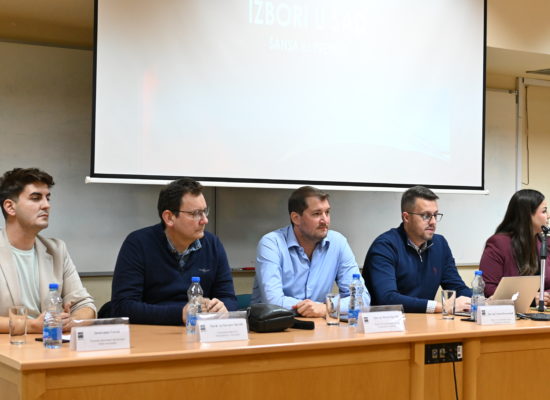
Open Call for Graduate Spring School: Comparing Post-socialist Media Systems
14 – 19 April 2020, Dubrovnik
Course directors:
Snježana Milivojević, University of Belgrade, Serbia
Zrinjka Peruško, University of Zagreb, Croatia
Slavko Splichal, University of Ljubljana, Slovenia
Carmen Ciller, Universidad Carlos III de Madrid, Spain
Steffen Lepa, Audio Communication Studies, Germany
Paolo Mancini, University of Perugia, Italy
Course description:
In Central and Eastern Europe, it is 30 years since the socialist regimes collapsed, and democracy was introduced. The theoretical framework of the “transition” is no longer employed, even the “consolidation” discourse and approach is over. The thirty years of transformation have been diverse. The same original critical juncture of the fall of socialism has been differently used and shaped by different actors, countries or institutions, to produce different results. Not only is there a division of CEE into those who are now members of the EU and those who are not, but there is also a division between those who have consolidated some level of democracy and those who have consolidated some degree of authoritarian regimes. The authoritarian backsliding is a fact that can no longer be treated as a phase in the consolidation of democracy but must also be recognized as one type of result of the transformations. Can we say that the media systems in this region of the world have acquired a settled shape, a form/character that is durable and stable? Will a new critical juncture will be necessary in order to re-start developments along the road to consolidated democracy and democratic media systems development?
What shaped these diverse developments? Why did some countries consolidate democracy and free media systems, and others have hybrid or authoritarian regimes with captured media? How do these changes compare to the changes of other European media systems? Should we compare media systems or media cultures? We will in this course and research conference examine conditions and variables of media change from modernization to socialism, and from socialism to post-socialism. We will explore ways to study change in media systems, focusing both on the temporal and spatial frames, and will examine transformations necessary in the political, economic and cultural fields. And we will examine which combination of historical conditions from the longue durée or more recently are responsible for certain types of outcomes of media systems. The focus of the course & research conference will extend also to different media related and journalistic practices in the region in focus.
A one-day methodological hands-on workshop on fsQCA will be a part of the program.
Course is co-organized with the ECREA CEE Network.
Participation in the course for graduate (master and doctoral) students brings 3,5 ECTS credits, and for doctoral students who present their thesis research 6 ECTS. The course is accredited and the ECTS are awarded by the Faculty of Political Science, University of Zagreb (www.fpzg.unizg.hr). All participants will also receive a certificate of attendance from the IUC. To apply, send a CV and a motivation letter to zperusko@fpzg.hr. PhD students who wish to present their research should also send a 300-word abstract. The course can accept 20 students, and the applications are received on a rolling basis. After notification of acceptance you need to register also on this web page https://www.iuc.hr/course-details.php?id=1206


